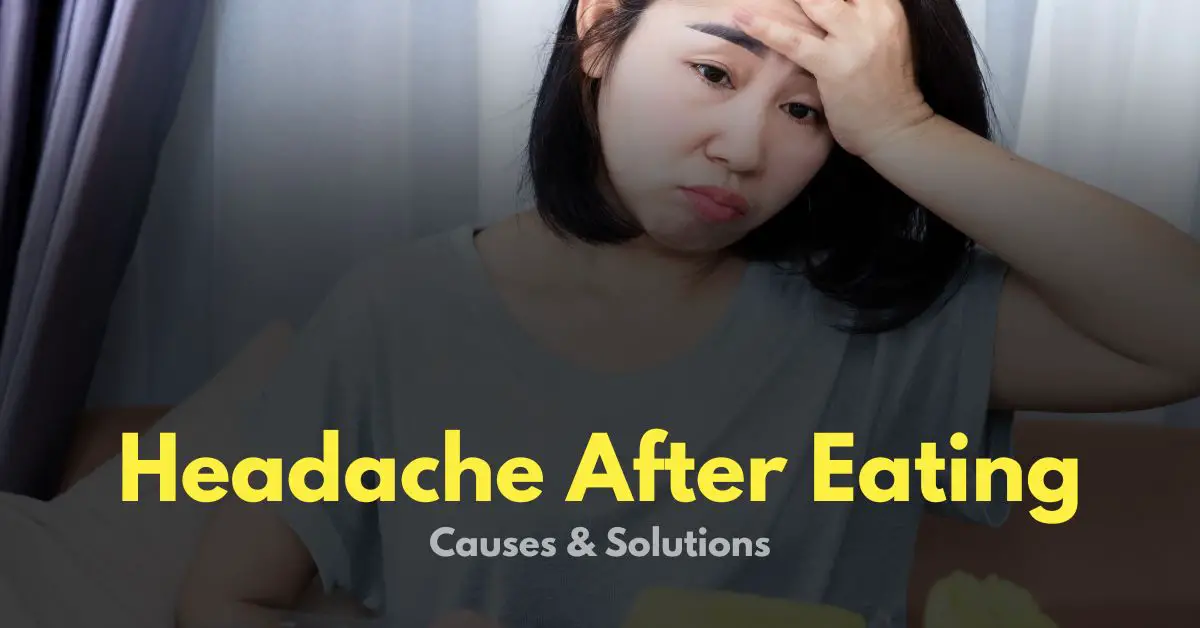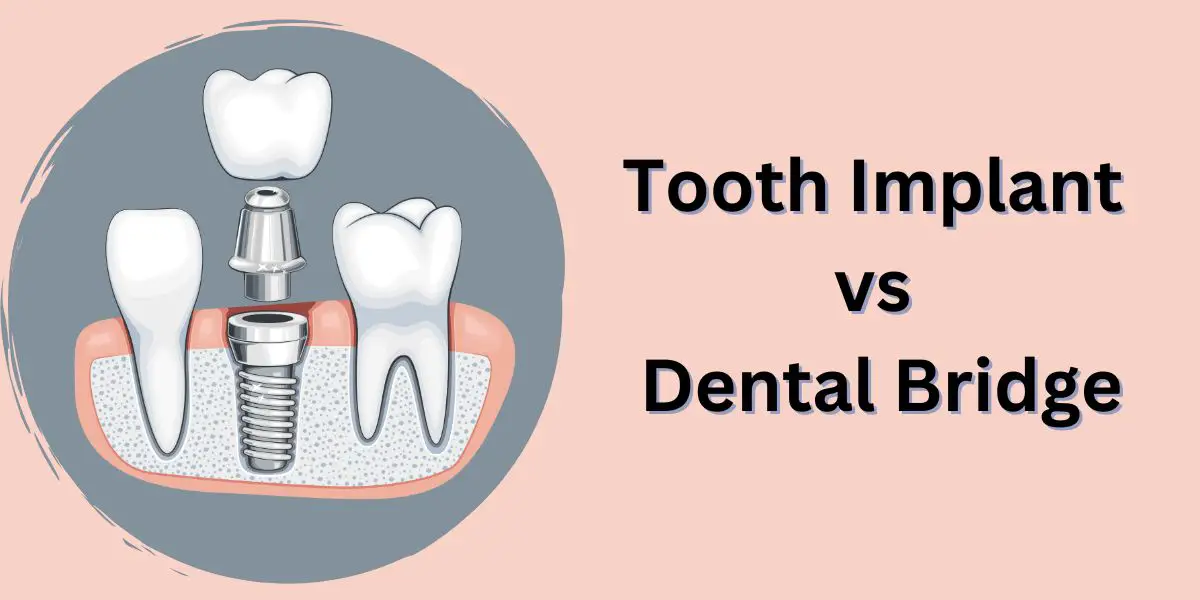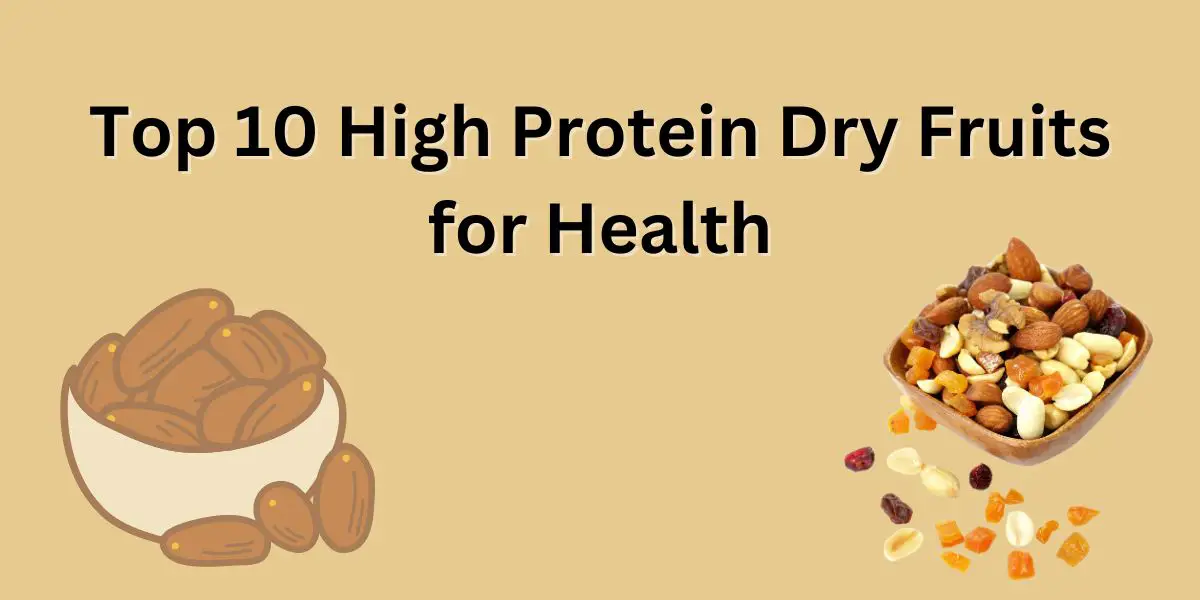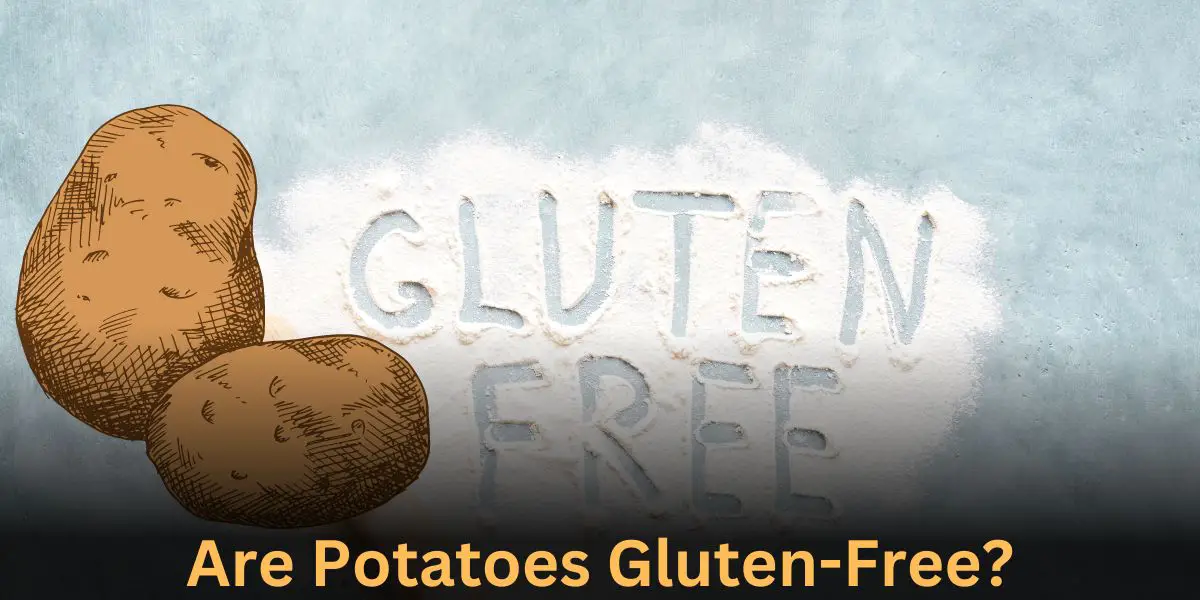Have you ever finished a meal only to be greeted by a throbbing headache? It’s a common experience that can leave you feeling puzzled and uncomfortable. In this article, we’ll explore the possible reasons behind this phenomenon and what you can do to prevent it.
Overview
After a satisfying meal, the last thing you want is a headache. However, this is a common occurrence for many people. Understanding why this happens can help you make informed decisions about your diet and lifestyle.
Food Triggers
Certain foods and drinks can trigger headaches in some individuals. These triggers vary from person to person but may include alcohol, aged cheeses, processed meats, and foods containing MSG (monosodium glutamate).
Blood Sugar Spikes
Eating sugary or high-carbohydrate foods can cause a rapid spike in blood sugar levels, followed by a crash. This fluctuation in blood sugar levels can trigger headaches in some individuals.
Dehydration
Not drinking enough water throughout the day can lead to dehydration, which is a common cause of headaches. It’s important to stay hydrated, especially after meals.
Food Additives
Some food additives, such as nitrates found in processed meats, can trigger headaches in some people. Paying attention to food labels and avoiding additives that trigger headaches can help prevent them.
Caffeine Withdrawal
If you regularly consume caffeine and then suddenly stop or reduce your intake, you may experience withdrawal symptoms, including headaches.
Also Read: Worst Mental Illnesses Coping: Top 5 Insights
Food Sensitivities
Some individuals may have sensitivities or allergies to certain foods, such as gluten or dairy, which can trigger headaches. Keeping a food diary can help you identify and avoid these triggers.
Stress and Tension
Stress and tension can also contribute to headaches, especially after eating. Practicing relaxation techniques, such as deep breathing or meditation, can help alleviate these symptoms.
Lack of Sleep
A lack of sleep can contribute to headaches, and it’s not uncommon to feel more tired and irritable after a meal if you haven’t had enough rest.
Conclusion
In conclusion, there are several reasons why you might experience a headache after eating. Identifying your triggers and making lifestyle changes, such as staying hydrated, avoiding food additives, and managing stress, can help prevent these headaches.
Also Read: Nighttime Baby Crying: Understanding Why Babies Cry at Night
FAQs
Q: Can skipping meals cause headaches?
A: Yes, skipping meals can lead to low blood sugar levels, which can trigger headaches in some individuals.
Q: Is it normal to get a headache after drinking alcohol?
A: Yes, alcohol is a common trigger for headaches in some people, especially if consumed in large quantities.
Q: Can certain food allergies cause headaches?
A: Yes, food allergies can trigger headaches in some individuals. It’s important to identify and avoid these trigger foods.
Q: Is it possible to get a headache from eating too quickly?
A: Yes, eating too quickly can lead to swallowing air, which can cause headaches in some individuals.
Q: Can dehydration cause headaches even if I’ve eaten recently?
A: Yes, dehydration can cause headaches at any time, regardless of when you last ate. It’s important to stay hydrated throughout the day.



